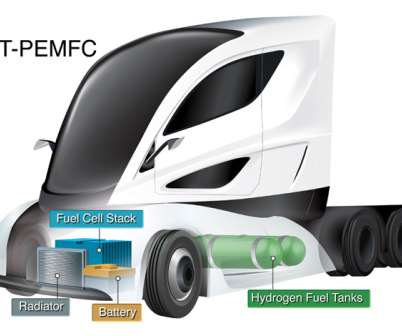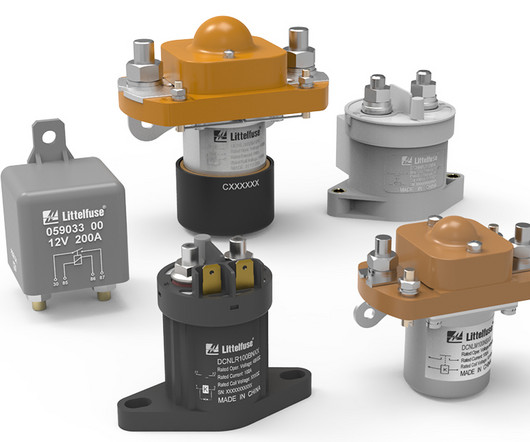New partnership to advance high-temperature PEM fuel cells; focus on heavy-duty applications
Green Car Congress
APRIL 13, 2021
Traditional PEM fuel cells have a relatively low operating temperature, which makes for a low tolerance to hydrogen fuel impurities and makes waste-heat rejection a challenge for vehicles. As the heavy-duty transportation industry seeks greener alternatives to combustion engines, HT-PEM fuel cells promise a clean, efficient alternative.



































Let's personalize your content